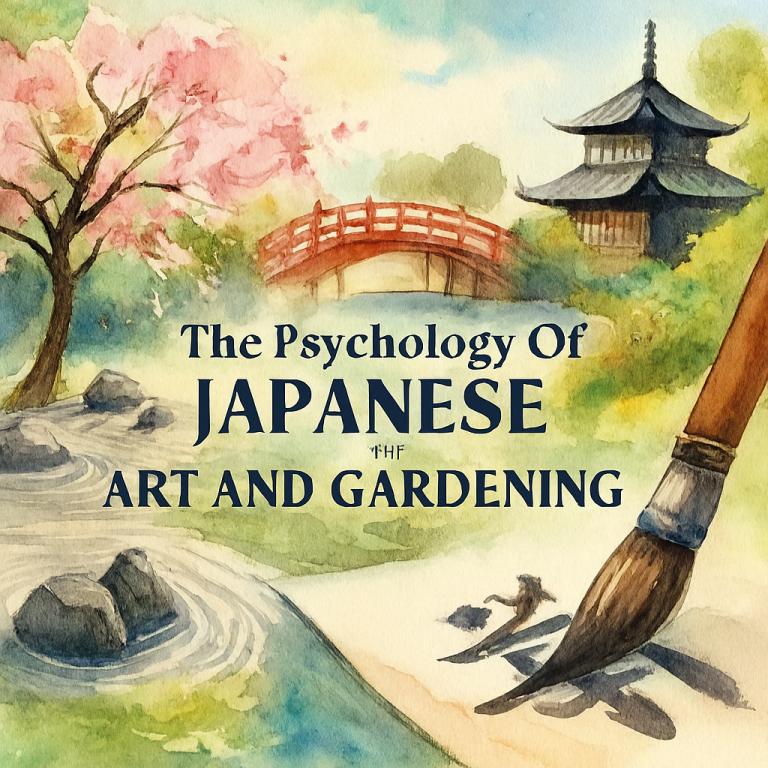The Power of Guided Meditation for Conquering Sleep Anxiety
Insomnia induced by anxiety is a troubling cycle that robs millions of a restful night’s sleep. As your mind races with worrying thoughts, quality sleep becomes increasingly elusive. However, there’s a simple yet powerful solution that can help break this vicious pattern: guided meditation for sleep anxiety.
Guided meditation involves following along with a narrator’s calming voice and imagery to focus your mind and ease your body into a state of deep relaxation. This practice has been around for centuries but is gaining newfound popularity as a natural remedy for the modern-day epidemic of anxiety and insomnia.
In this comprehensive guide, we’ll explore the science behind how guided meditation works, compare popular apps and resources, and provide tips for incorporating this highly effective technique into your nightly routine.
READ ALSO: The Key Distinctions Between Personality and Temperament
How Does Social Media Affect Mental Health?
Understanding the Mind-Body Connection
At the core of guided meditation’s effectiveness is the mind-body connection. When we’re anxious, our bodies go into a state of heightened alertness with increased heart rate, tense muscles, and sharper senses – designed by evolution to boost our ability to fight or flee from threats.
However, in our modern world without saber-toothed tiger encounters, this physiological stress response is often activated unnecessarily by worrying thoughts. This chronic state of anxiety puts excessive strain on the body and mind.
Guided meditation works by consciously shifting your mind into a relaxed state through focused breathing and visualization exercises. As the mind calms down, it signals the body to disengage the fight-or-flight response, allowing your muscle tension to dissipate and your heart rate to slow.
This restorative process helps break the cycle of anxiety->insomnia->anxiety through conscious control over your nervous system’s stress response. With regular practice, you can train your mind and body for better sleep through meditation.
Comparing Top Guided Sleep Meditation Apps
There’s no shortage of guided meditation resources out there, from YouTube videos to subscription apps. Here’s a quick comparison of some of the most popular and well-reviewed options:
| App | Key Features | Pricing |
|---|---|---|
| Calm | Soothing nature scenes/sounds, multi-day courses, 7/30-day programs, kid-friendly content | $69.99/year |
| Headspace | Animated videos, “mini” 3-minute sessions, Buddy system, track progress | $69.99/year |
| InsightTimer | 45K free guided meditations, offline mode, Apple Watch app | Free, Paid Plans from $2.92/mo |
| Simple Habit | 5-minute “bite-sized” sessions on specific topics, progress tracking | $11.99/month or $89.99/year |
While offerings vary, most provide libraries of content for sleeping, managing anxiety and stress, building habits, and more led by qualified meditation instructors. Some key features to look for are:
- Variety of session durations (5-60 minutes) to fit your schedule
- Soothing soundtracks (nature sounds, ambient music, etc.)
- Multi-day programs or courses for building a routine
- Offline playback for travel or limited data
- Progress tracking andreminders to develop consistency
The right app is a personal choice based on your goals, budget, and what resonates with you most. Many offer free trials or limited free content to try before subscribing.
READ ALSO: The Ultimate Guide to the Best Books for Understanding Human Behavior
Tips for Starting a Guided Sleep Meditation Practice
Like any new habit, establishing a meditation routine takes some adjustment. But the long-term benefits of better sleep, reduced anxiety, and overall improved wellbeing make it well worth the effort. Here are some tips to get started on the right foot:
1. Start Small and Be Consistent: You don’t need to begin with hour-long sessions. Start with just 5-10 minutes per night and prioritize doing it consistently over duration. Building the habit is more important than that habit’s intensity at first.
2. Make It Part of Your Sleep Routine: Establish your meditation practice as the final step in your nightly routine after other pre-bed activities like brushing your teeth. It will become a powerful cue for your brain to start winding down.
3. Create a Relaxing Environment: Minimize potential distractions by turning off TV’s, silencing phones, and finding a comfortable spot such as a reading chair or your bed. Consider using an eye mask and blackout curtains if external lights are an issue. Setting the right ambiance reinforces the mind-body relaxation process.
4. Give It Time to Work Its Magic: While some people experience benefits right away, for many it can take 4-6 weeks of consistent practice before noticing substantial improvements in sleep quality and reduced anxiety. Be patient and stick with it.
5. Experiment and Have Fun: Not every meditation style or narrator’s voice will resonate with you. Have an open mind to exploring different themes, such as nature imagery, body scans, breath focus, or stories/visualizations. Making it an enjoyable self-care ritual increases adherence.
With regular practice, guided meditation can be a powerfully simple yet deeply impactful technique for quieting your anxiety and allowing your body’s natural sleep process to kick in. Just 10-20 minutes a night could be the key to finally breaking the insomnia cycle.
READ ALSO: Fun Mind Games and Mental Challenges
Unlocking a Good Night’s Sleep Is Priceless
For too long, uncontrolled anxiety has robbed individuals of restorative sleep needed for optimal health and functioning. But the solution may be as straightforward as taking a few minutes each night to practice guided meditation for sleep anxiety.
By tapping into the mind-body connection, anxiety-induced insomnia can be alleviated through conscious relaxation and nervous system regulation. And in today’s world of meditation apps and resources, it’s easier than ever to build this transformative habit into your daily routine.
Don’t let another night of restless tossing and turning pass you by. Choose to invest in your wellbeing through a guided meditation practice designed for reducing anxiety and improving sleep. The peace of mind and quality sleep you’ve been missing is well within your grasp.
If you struggle with anxiety keeping you up at night, I encourage you to explore guided meditation options and stick with it with patience and consistency. The relaxation and sleep benefits you experience can be truly life-changing.
READ ALSO: Other helpful resources for sleep/anxiety
5 Evening Habits to Relax Your Mind and Body
10 Calming Affirmations for Quieting Anxiety
Have you tried guided meditation before for managing anxiety or sleep issues? I’d love to hear about your experience in the comments below!








This article is a fantastic resource. Your detailed explanations and practical advice are greatly appreciated.
I’ve been exploring terpene-based products terpene flavors recently, and I’m indeed enjoying the experience. The scents are with, natural, and pleasant. They tot up a discriminative drink to my constantly drill, ration beat up a compare the willing and atmosphere. A large hit upon quest of anyone who appreciates aromatic wellness tools.
I’ve been using cbd gummies ordinary on account of during the course of a month at the moment, and I’m truly impressed during the positive effects. They’ve helped me determine calmer, more balanced, and less tense throughout the day. My forty winks is deeper, I wake up refreshed, and straight my focus has improved. The trait is distinguished, and I appreciate the common ingredients. I’ll obviously keep buying and recommending them to everyone I recall!